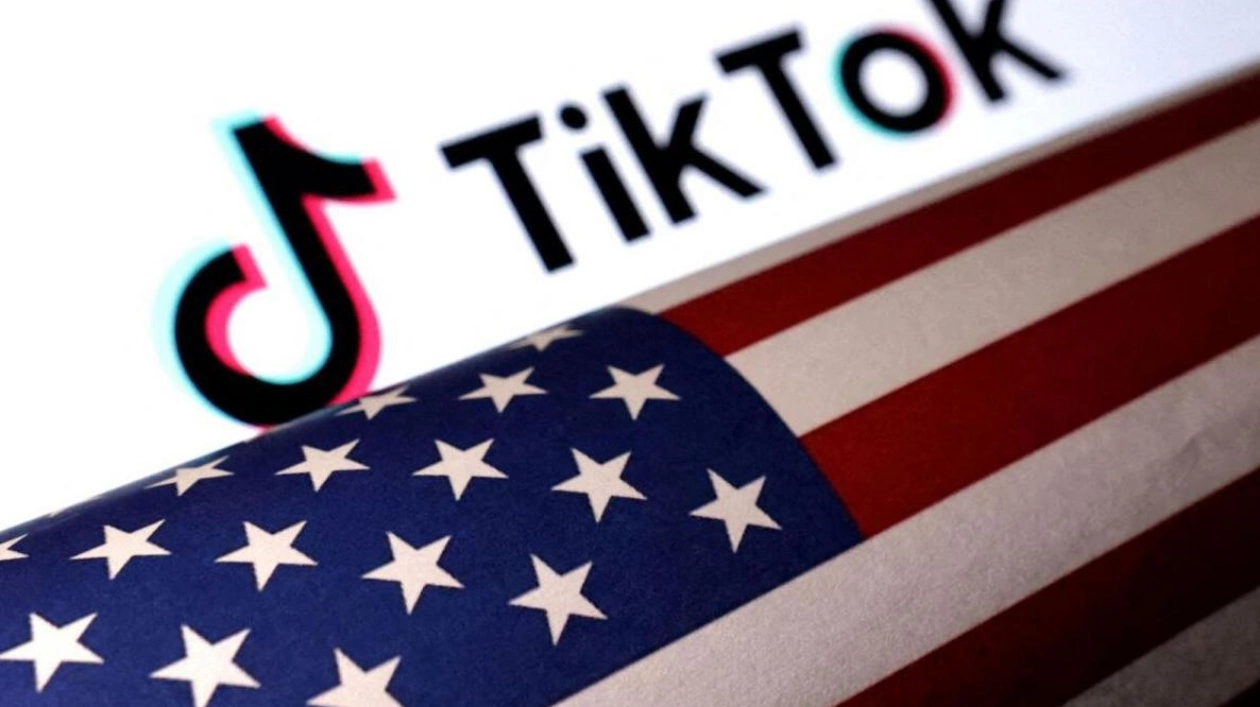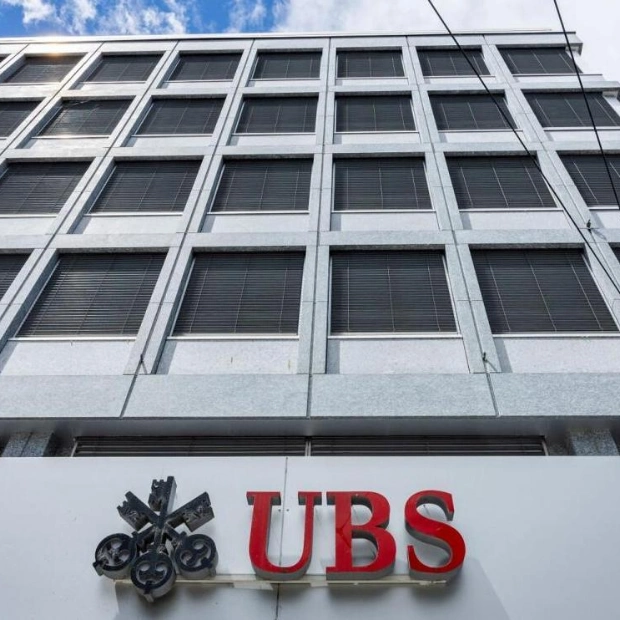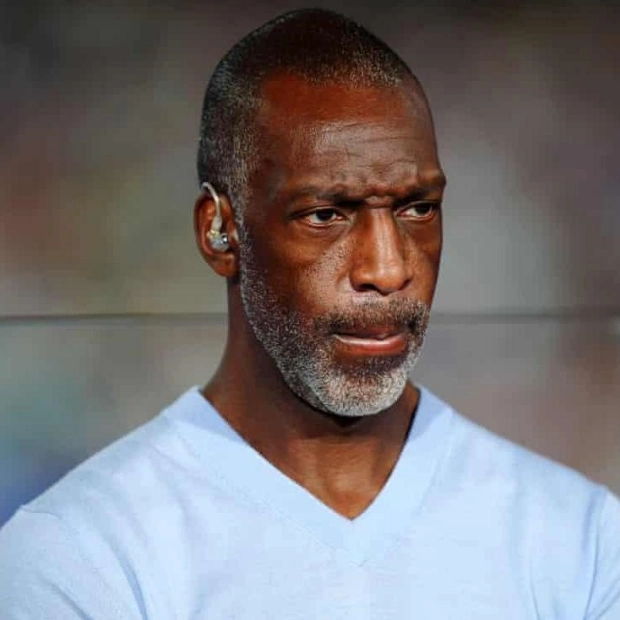The U.S. Department of Justice has urged a federal appeals court to maintain a law enacted in April, which mandates that ByteDance, headquartered in China, must divest TikTok's U.S. assets by January 19 or face prohibition. The DOJ contends in its submission that TikTok, under Chinese control, presents a significant national security risk due to its extensive access to American users' personal data, suggesting that China could manipulate the information disseminated through the app. "The genuine national security threat posed by TikTok is undeniable," the department stated. "TikTok offers the Chinese government two main avenues to compromise U.S. national security: data harvesting and surreptitious content manipulation."
The Biden administration has petitioned the U.S. Court of Appeals for the District of Columbia to dismiss legal challenges from TikTok, its parent company ByteDance, and a coalition of TikTok creators aiming to halt the legislation that could ban the app, which is utilized by 170 million Americans. TikTok has consistently refuted allegations that it would share U.S. user data with China or manipulate video content. "The government has yet to provide evidence supporting its allegations, even when this unconstitutional law was passed by Congress. Today, the government is again taking an extraordinary measure without revealing the underlying secret information," TikTok stated on the social media platform X in response to the DOJ's brief.
The DOJ's filing outlines comprehensive national security concerns regarding ByteDance's control of TikTok. "China's strategic geopolitical approach includes cultivating and positioning assets that can be utilized at advantageous times," the department noted. Although the government admitted it lacks evidence that the Chinese government has accessed U.S. TikTok users' data, it emphasized the substantial risk posed by the potential for such access. "The United States is not obligated to wait for a foreign adversary to take concrete harmful actions before addressing such a threat," the filing asserted.
The government also submitted a classified document to the court, detailing further security concerns about ByteDance's ownership of TikTok, along with broader statements from the FBI, the Office of the Director of National Intelligence, and the DOJ's National Security Division. ByteDance informed the U.S. government that TikTok's source code comprises 2 billion lines of code, rendering a complete review impractical. "Oracle estimated that it would take three years to review this extensive code," the DOJ added, excluding any additional modifications. Signed by President Joe Biden on April 24, the law mandates ByteDance to sell TikTok by January 19 or face a ban. The White House aims to terminate Chinese-based ownership on national security grounds, but not to ban TikTok entirely.
The department dismissed TikTok's claims, including the assertion that the law infringes on the First Amendment rights of Americans who use the short video app, stating that the law focuses on national security issues, not speech, and targets China's potential exploitation of TikTok to access sensitive personal information. TikTok users have access to numerous other popular platforms such as YouTube, Facebook, Instagram, Snapchat, and X as alternatives, the DOJ noted. Additionally, the DOJ deemed TikTok's $2 billion plan to safeguard U.S. user data inadequate, citing the government's distrust of ByteDance and its skepticism regarding the company's ability to detect violations. The appeals court will conduct oral arguments on the legal challenge on September 16, bringing the issue of TikTok's future to the forefront in the final weeks before the November 5 presidential election.
Republican presidential candidate Donald Trump has aligned with TikTok, stating in June that he would never support a TikTok ban. Vice President Kamala Harris, likely to be the Democratic nominee, joined TikTok this week. The law forbids app stores like Apple and Alphabet's Google from offering TikTok and prohibits internet hosting services from supporting TikTok unless ByteDance divests. Fueled by concerns among U.S. lawmakers that China could access data on Americans or spy on them using the app, Congress swiftly passed the legislation just weeks after its introduction.






